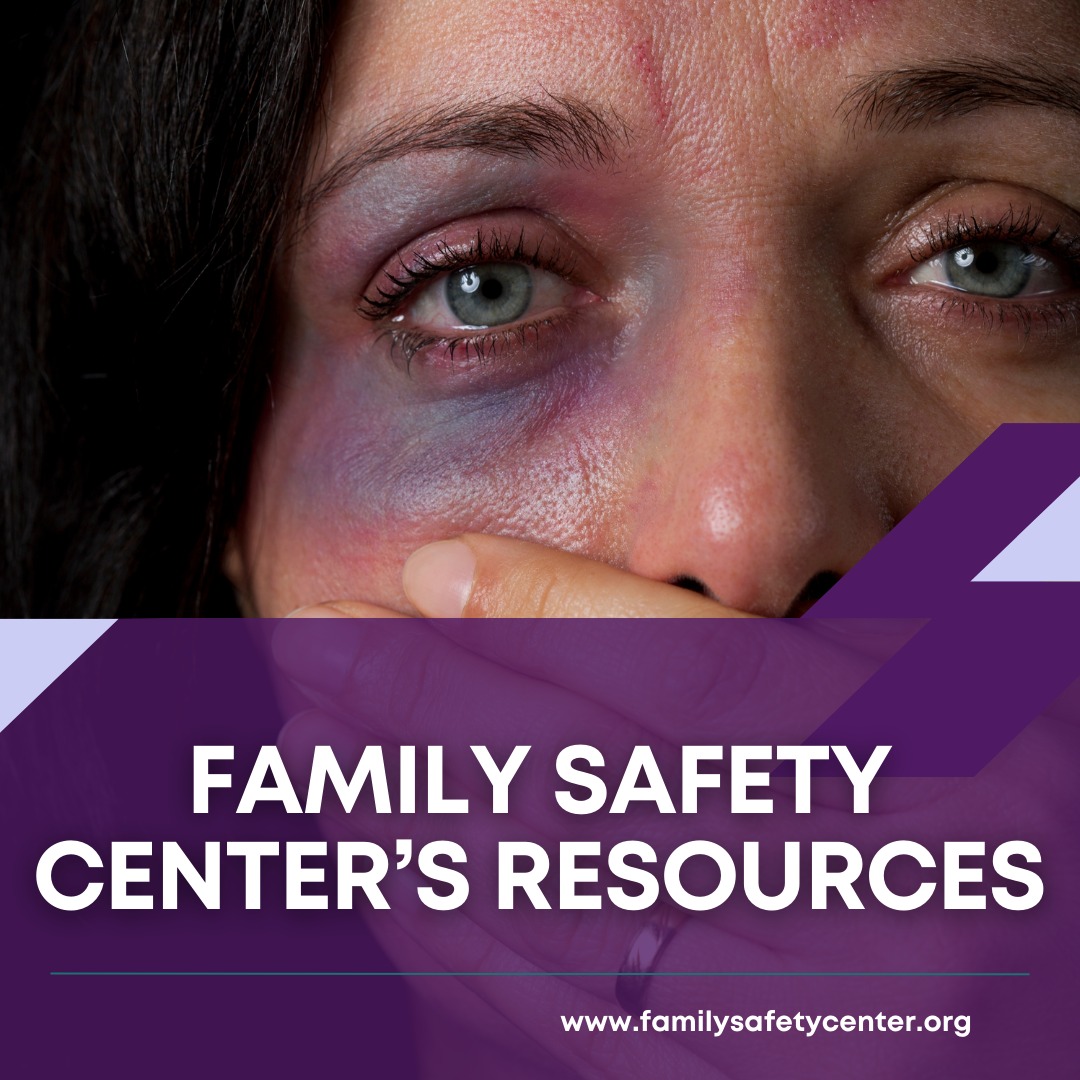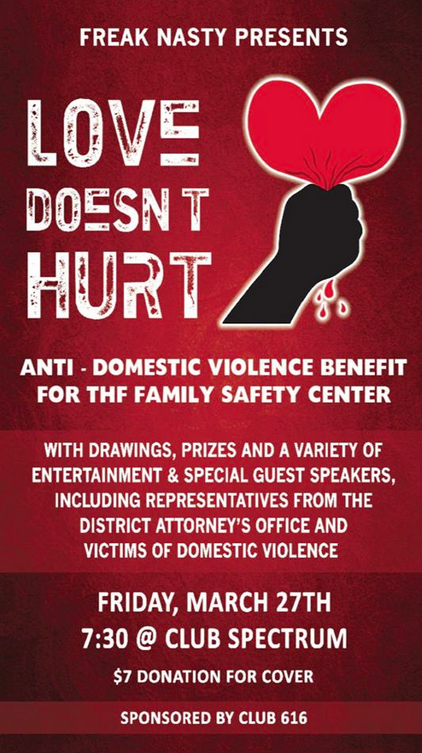A Memphis domestic violence agency has abruptly closed its doors amidst an urgent fight for state funding by victim-serving organizations in Tennessee.
The Family Safety Center of Memphis and Shelby County shut down without warning or public explanation last week.
The agency served as a “one-stop shop” for victims of domestic violence, aiding victims in obtaining orders of protection in coordination with police and the District Attorney’s office, and connecting families to housing, food and other resources.
Its sudden closure has left the web of agencies that worked together to address domestic violence scrambling, said Marqulepta Odom, executive director of the YWCA Greater Memphis.
“We were all caught off guard by its closing in the middle of the week like that,” said Odom, whose agency operates a 78-bed domestic violence shelter, the largest in the state.
Odom said the closure will have a “great impact and a loss for our community for sure. It was that central place that survivors and victims knew where to go.”
But Odom’s agency — like victim-serving agencies across Tennessee this year — also faces an uncertain funding future: federal funding for victims of crime in Tennessee has dwindled in recent years from a peak of $68 million in 2018 to $16 million last year.
The YWCA Greater Memphis experienced a 17 percent cut last year as a result and faces the prospect of crippling budget cuts this year if it cannot find a way to replace the lost federal dollars.
Agencies that operate crisis hotlines, provide counseling to child abuse victims, conduct sexual assault exams and operate shelters are facing additional cuts in federal funding up to 40 percent more come July.
Those ongoing cuts in federal dollars had already hit the Family Safety Center hard before it closed its doors.
The agency received $742,000 in federal crime victim funding in 2020, according to the Tennessee Office of Criminal Justice Programs (OCJP), which distributes the federal funding to Tennessee nonprofits. This year, that funding had dwindled to about $132,000.
The OCJP got notice March 6 that the Family Safety Center had shuttered the previous day. Ethel Hilliard, the center’s executive director, “stated that the closure was due to a board decision related to financial issues,” a spokesperson for the OCJP said.
The most recent available tax records show the agency operated at a deficit in 2021 and 2022, when it reported a $289,000 deficit. Like other agencies funded through the federal Victims of Crimes Act, it faced steep cuts again in July.
Tennessee victim-serving agencies warn cuts will be ‘catastrophic’ if Gov. Bill Lee fails to act
And while 35 other states have taken action to provide their own state funding in the face of federal crime victim budget cuts, Tennessee is not one of them.
Stephen Woerner, executive director of Tennessee Children’s Advocacy Centers, said the Memphis agency’s closure illustrates the vulnerability of agencies that aid victims of abuse.
“I do not know the details of why they closed, but it speaks to the fragility of the victim serving community, particularly those that have not truly invested in diversifying their funding,” Woerner said.
Woerner’s organization operates 46 centers across the state that employ specialized counselors who work with children who have been abused, neglected or sexually assaulted. The organization received $5.5 million annually from the federal crime victims fund at its peak; this year, it received $2.1 million, he said.
Woerner is among hundreds of advocates across the state who are pressing Gov. Bill Lee to include $25 million in recurring state funding to crime victim agencies in the state’s budget.
Thus far, Lee has not committed. Lee’s office did not respond to a question about the funding on Friday.
Leaders of the Family Safety Center in Memphis have made no public statements about the reasons behind the closure and Ethele Hilliard, executive director, did not respond to emailed questions from the Lookout.
Tennessee Lookout is part of States Newsroom, a nonprofit news network supported by grants and a coalition of donors as a 501c(3) public charity. Tennessee Lookout maintains editorial independence. Contact Editor Holly McCall for questions: info@tennesseelookout.com.

